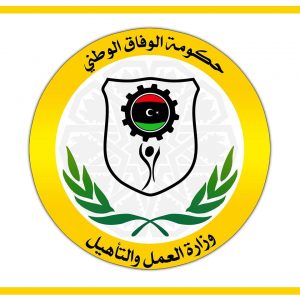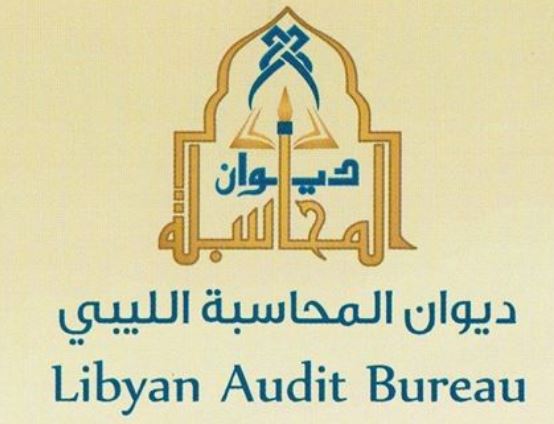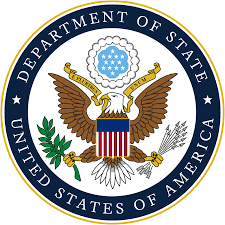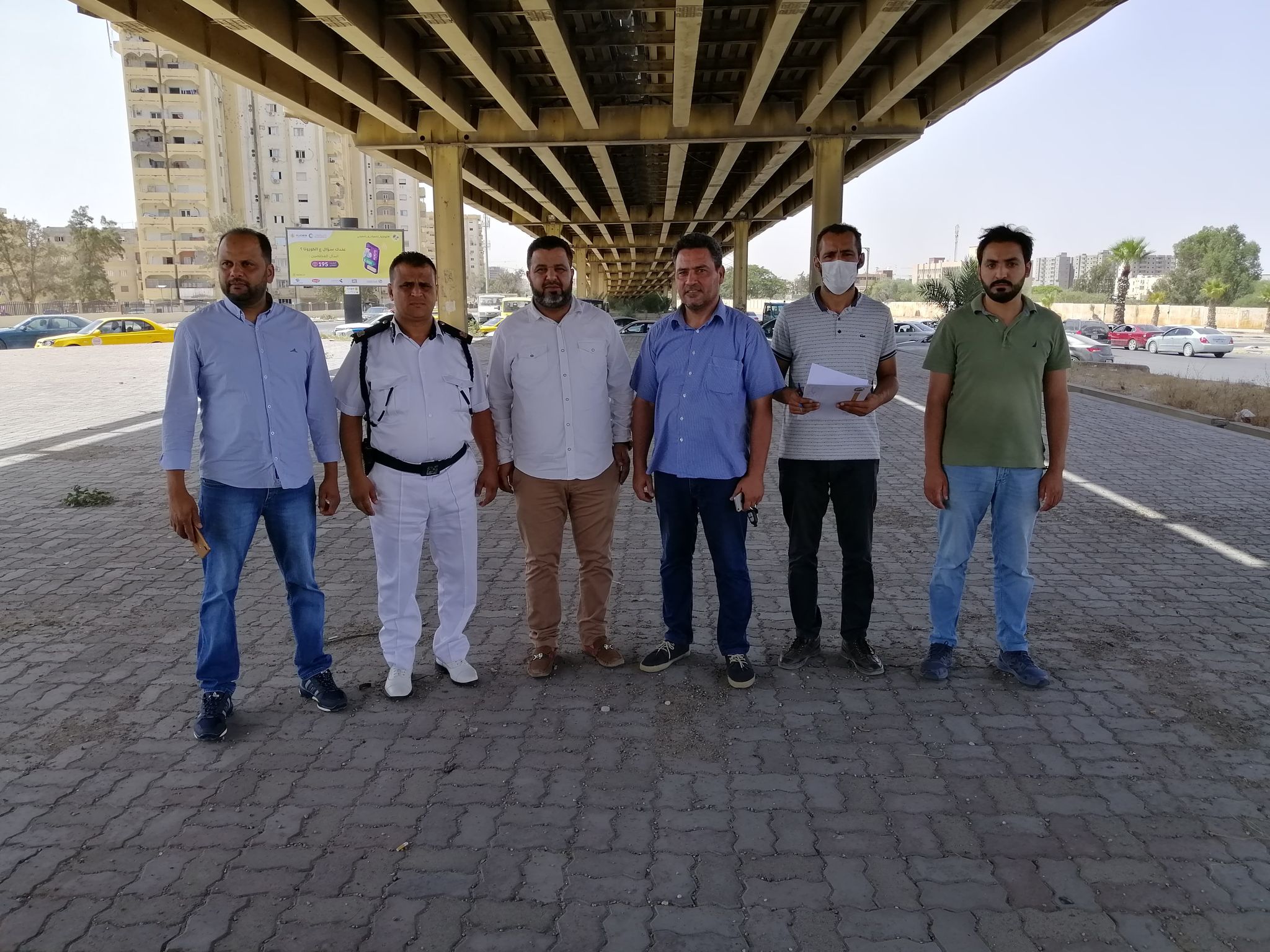By Sami Zaptia.

London, 4 September 2020:
Tripoli’s Labour Ministry held a consultative meeting with representatives of private sector last Tuesday (1 September) to discuss activating the sector’s role in the government’s newly launched training and employment drive. The private sector included bank representatives as well as the General Union of Chambers of Commerce.
The policy initiative was launched by Libya’s internationally recognized Prime Minister Faiez Serraj in reaction to demonstrations, mainly by youth, against the deteriorating living conditions. These include persistent fuel, cooking gas and cash shortages as well as acute power and water cuts, the uncontrolled spread of Coronavirus and endemic mismanagement and corruption.
In reaction, Serraj launched a programme of training and state-sector employment for unemployed graduate youth.
The meeting discussed ways to find a mechanism for cooperation with the private sector in Libya on providing jobs for jobseekers, and ways of integrating them to work in the private sector provided prior guarantees are provided.
Exemptions, such as taxation and customs duties, required by the private sector were discussed to accommodate job seekers. The banking policies of investment banks to finance micro-and small-sized enterprises were also reviewed at the meeting.
It was also agreed to study the potential of launching a joint private and public sector platform to support the Ministry’s operational programmes.
It will be recalled that statistics released in August be the Labour Ministry had shown that most of Libya’s registered jobseekers hold a first university degree.
The statistics had showed that of the total 128,679 officially registered jobseekers for the first 6 months of 2020, a total of 50, 643 were university graduates. Of these, 33,623 were females while males were 17,200.
There were 38,805 jobseekers who had finished school, 28,645 held middle diplomas, 10,356 had no qualifications, while 230 held postgraduate degrees.
It must be kept in mind that these statistics reflect Libya’s unemployed who have bothered to officially register with the Ministry.
In July, the Ministry had launched a new interactive website to ease job searches.
https://www.libyaherald.com/2020/08/09/most-of-libyas-129000-registered-jobseekers-hold-a-university-degree-ministry-of-labour/
https://www.libyaherald.com/2020/07/19/labour-ministry-to-launch-new-website-to-ease-job-searches/
https://www.libyaherald.com/2020/07/03/libya-has-2-3-million-state-sector-workers-labour-ministry/
https://www.libyaherald.com/2020/03/01/118000-libyans-officially-looking-for-work-ministry-of-labour/










